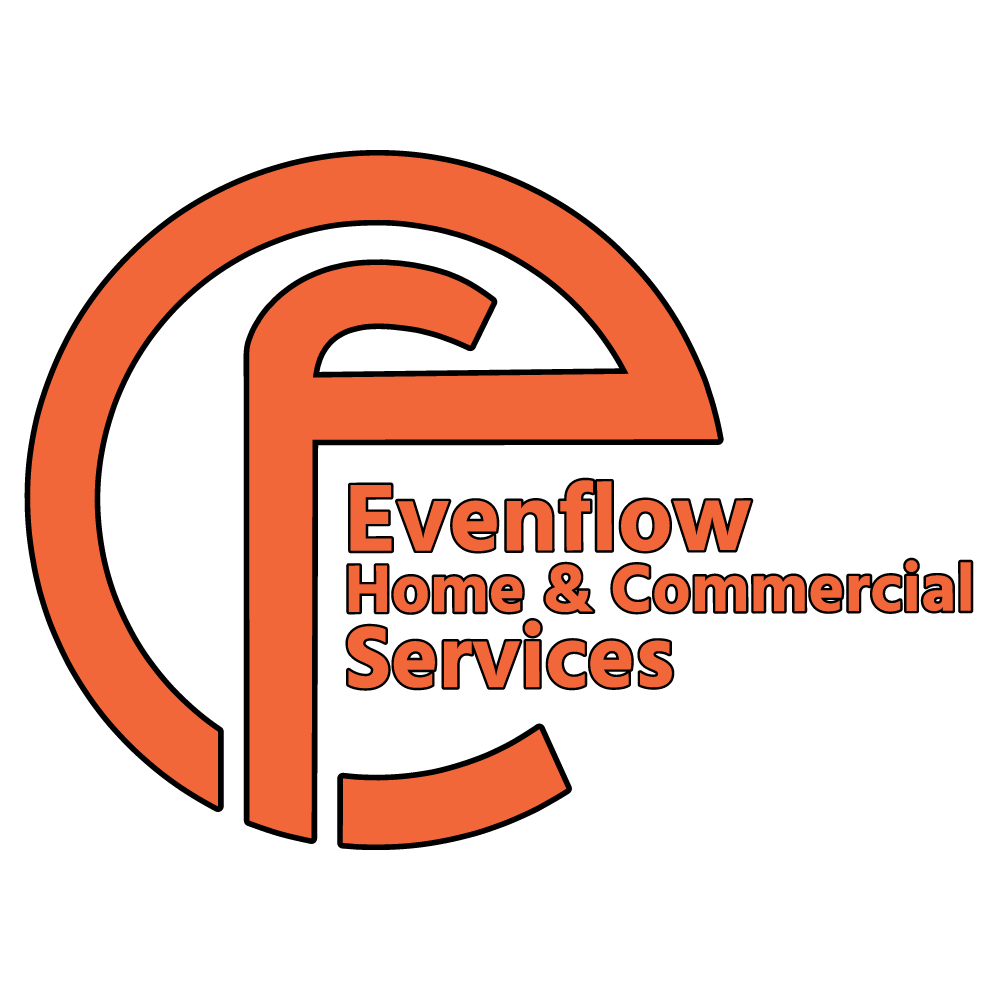Steps to Plumbing Maintenance
Many routine maintenance tasks can be DIY projects.
Our last blog, “When to Contact a Plumber to Fix Plumbing Issues,” discussed repairs homeowners should entrust to licensed plumbers. In this blog, we will review steps homeowners can take between plumber visits to ensure their home’s plumbing system is in top shape.
Regular upkeep and inspection
Many routine maintenance tasks can be DIY projects. Tubs and sinks are used daily. However, homeowners may only discover minor issues if regular inspections are part of their maintenance schedule.
Check the home’s plumbing, including exposed pipes for any indication of water. Some condensation may be present on a cold metal plate; this is normal on a humid day but not on a cold day. Look for indications of rust on copper or brass fittings; rust occurs more quickly on moist metal, and rusty connections might expose a minor leak.
Test showers, sinks, and tub faucets to keep track of water pressure. Differences resulting from faucet design are standard. However, all of them ought to have steady pressure. Remember how rapidly the water drains after checking the faucet output, too; sluggish drains pipes might imply a clog waiting to occur. While making the rounds, flush toilets to guarantee they do not run and there is no leakage at the base, indicating a malfunctioning wax seal.
Avoiding plumbing emergencies
One method to avoid pricey home repair work is to have a routine maintenance schedule. Regular inspections are essential to capturing little issues before they get worse. Concealed leaks in sink drain pipes or below water heaters are more than simply an annoyance; with time, they can trigger structural damage. Water that permeates into plaster or sheetrock adds to mold development. Permeable wood or tile flooring can stain or warp when damp.
Expert plumbing evaluations
An inspection from a qualified plumber offers a more extensive look at a home’s water lines and drain pipes. The inspector will examine the water heater, garbage disposal unit, and other plumbing system components. More comprehensive evaluations may include remote video evaluation of pipelines, filter system assessment, and lead screening.
After an extensive inspection, remove and clean aerators on faucets and shower heads. Sediment can develop and slow down water circulation. Expert plumbers will complete this task, and others, if homeowners hire them to complete routine maintenance on a home’s system. A few of the upkeep responsibilities a certified plumber can carry out consist of the following:
Clean garbage disposal unit and water heater
Pipe inspection to find hairline leakages
Water pressure evaluation and modification
Drain treatment to make the most of the circulation rate
DIY plumbing repair work tips
Before any repair work, shut off the main water pipe.
Wear appropriate gear. Even with caution, plumbing repair and maintenance can be messy.
Keep a professional plumber’s number ready. It may not be necessary, but once a pool of water begins gushing out of the kitchen drain, it may come in handy.
The best time to contact a plumber
Some problems are too dangerous or technical to take on alone. Work with a qualified plumber on the following jobs:
Setup of new plumbing lines, tubs, or sinks
Water heater issues
New building and construction that needs structure licenses
Septic system leakages
Sewage system line breaks or leaks
Evenflow Home Services has earned a strong reputation for providing comprehensive residential and commercial plumbing services. Emergency services available. Call today at (210) 941-3503.

